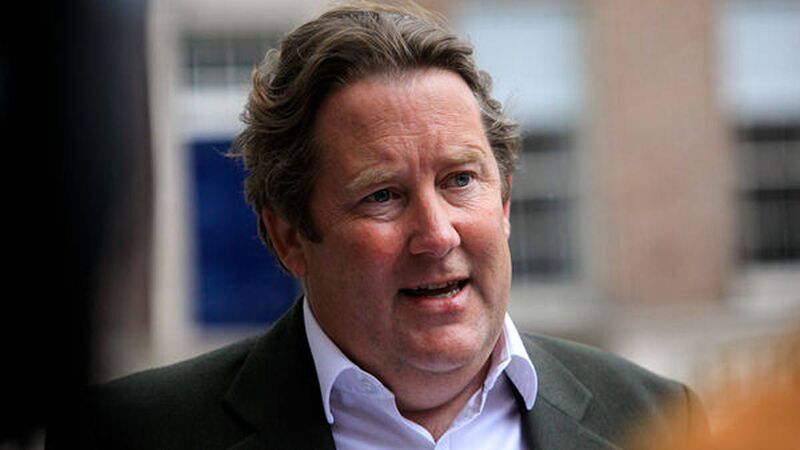Planning Bill signals a quiet coup on our democracy

Housing Minister Darragh O'Brien promised to enact the Planning Bill by the summer recess 'come hell or high water'.
A silent and deadly coup on our democracy will be executed with the completion of key stages of the Planning Bill in Dáil Éireann next Wednesday.
Ironically, this effective coup is going under the radar, while everyone is getting all excited about the democratic outcomes from the local and European elections this Friday. It will be done and dusted in around 12-and-a-half hours, less time than the 15 hours the polling stations are open for.
















